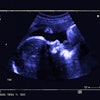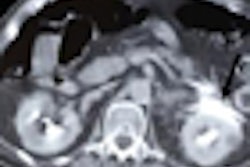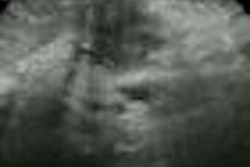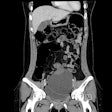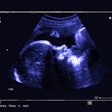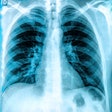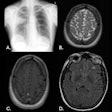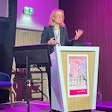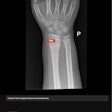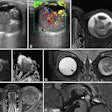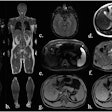
NEW YORK (Reuters Health), Jan 21 - Manual thrombus aspiration during primary percutaneous coronary intervention (PCI) improves myocardial reperfusion and reduces final infarct size in patients with ST-segment elevation myocardial infarction (STEMI), results of a European study indicate.
"Thrombectomy prevents thrombus embolization and preserves microvascular integrity reducing infarct size, and it therefore represents a useful adjunctive therapy in primary PCI," conclude the researchers in the January 27 issue of the Journal of the American College of Cardiology.
In the study, Dr. Gennaro Sardella of "Sapienza" University of Rome and colleagues randomly assigned 175 patients with STEMI to standard PCI or to manual intracoronary aspiration thrombectomy using the Export Medtronic thrombectomy device.
The primary study end points -- myocardial blush grade of at least 2, and rate of 90-minute ST-segment elevation resolution above 70% -- occurred more often in the thrombus-aspiration group than the standard PCI group (88% versus 60%, and 64% versus 39%, respectively; p = 0.001 for both), according to the article.
In a subset of 75 patients with anterior STEMI, Dr. Sardella's team performed contrast-enhanced magnetic resonance imaging, which showed that in the acute phase, the extent of microvascular obstruction after recanalization was significantly lower in the thrombus-aspiration arm, and at three months, infarct size was significantly reduced only in the thrombus-aspiration arm.
"To our knowledge, this is the first study evaluating the effects of thrombectomy on microvascular obstruction and infarct size using contrast-enhanced MRI," the investigators note.
They also observed lower rates of cardiac death at nine months in the thrombus-aspiration group than the standard PCI group (4.6% versus 0%; p = 0.02).
J Am Coll Cardiol 2009;53:309-315.
Last Updated: 2009-01-20 8:00:28 -0400 (Reuters Health)
Related Reading
Flow reserve testing may improve PCI outcomes, January 15, 2009
Copyright © 2009 Reuters Limited. All rights reserved. Republication or redistribution of Reuters content, including by framing or similar means, is expressly prohibited without the prior written consent of Reuters. Reuters shall not be liable for any errors or delays in the content, or for any actions taken in reliance thereon. Reuters and the Reuters sphere logo are registered trademarks and trademarks of the Reuters group of companies around the world.

